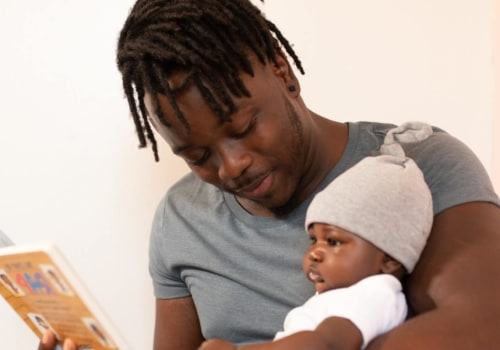Anyone can apply to be a guardian if they are over 18 years of age and are a legal resident or citizen of the United States. A person with a criminal record may not be able to act as a guardian. The judge makes the final decision as to who can be the guardian.
guardianship
of a child In New York State, a person is considered a child if he is 20 years of age or younger, unmarried, and not in military service.Learn more about guardianship of a child and which court can file this type of case. Under New York law, anyone can apply to become a guardian of a minor. However, before the courts can appoint an official guardian, they must determine whether the appointment is appropriate for the best interests of the child. When a child is over the age of 14, the courts may approach him or her to ask his or her opinion regarding the appointment of a guardian.
It's easier to get a guardianship resolution if the child's parents agree to the request. However, family lawyers like Darren Shapiro can take the matter to court and ask that the courts also set aside the parents' objection to guardianship. Guardianship of an Adult with Intellectual or Developmental Disability In New York State, when a person turns 18, they are supposed to be legally capable of making decisions for themselves. Guardianship is tailored to and limited only to those activities for which the conservatee needs assistance.
A bond is an insurance policy that is paid with the assets of the incapacitated person and that insures the incapacitated person against theft or other embezzlement by the guardian. When someone asks to be the legal guardian of an incapacitated adult, they ask the courts for legal authority to care for the person (usually referred to as the guardian's “ward”) and make important decisions on their behalf. Typically, the applicant seeking guardianship, who may be a family member or another person, hires the lawyer to represent him or her at the guardianship hearing. Family members often use guardianship to ensure that their loved one is properly cared for and that their financial interests are also protected.
For example, if a parent is unwell and is unable to care for a child when receiving treatment, they can request that a temporary guardian be appointed until they have recovered. If parents cannot properly care for a child, New York courts can decide to grant custody or guardianship to another adult. Learn more about guardianship of an incapacitated person (Article 81 Guardianship), how these guardianships can be adapted to meet the needs of the incapacitated person, and which court should file this type of case. Health Care Coverage Estate Planning Living Trusts & Wills Special Education Act Asset Management & Guardianship of Probate Adults & Legal Guardianship of Disabled Adults Special Needs Planning.
There is a separate procedure used when a minor who does not suffer from a mental or physical disability needs a guardian. Learn more about guardianship of an adult with intellectual or developmental disability (Guardianship Section 17-A) and where to file this type of case. It should be noted that guardianship of an incapacitated adult is not always the best solution, and can be avoided in many cases. A guardianship under Article 81 of the MHL is primarily used for people who are mentally or physically incapacitated, such as elderly people or victims of brain trauma or brain disease.
A social service agency or other institution can also serve as a guardian for an adult who is incapacitated or intellectually disabled.










